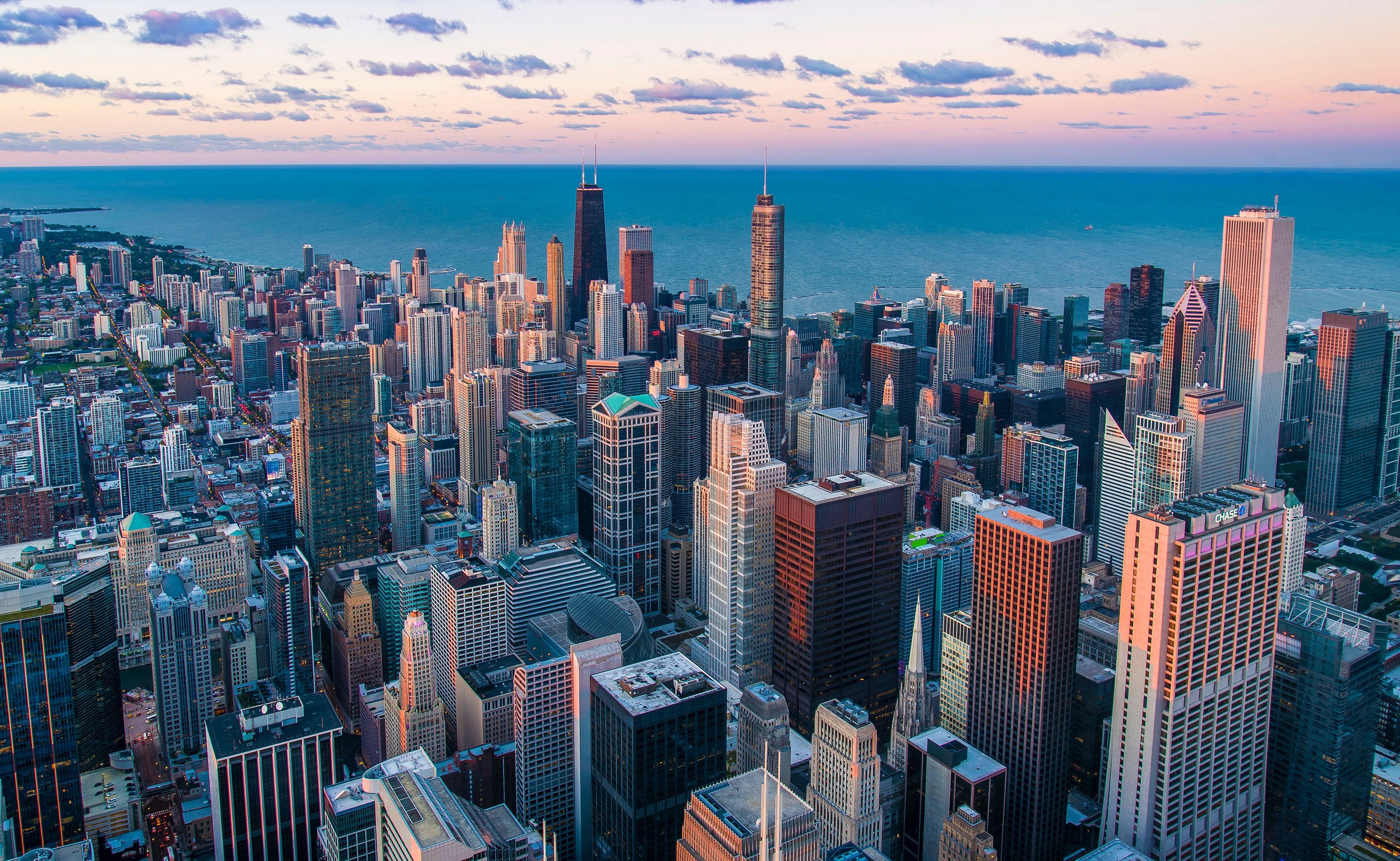TRIGGER WARNING for serious physical, emotional, and sexual assault, as well as racism and civil rights violations.
Cruel and Usual: An Investigation into Prison Abuse at USP Thomson is a report resulting from an 18-month investigation into the solitary confinement unit at this federal prison. UPLC is grateful to pro bono partners Latham & Watkins and Levy Firestone, as well as the Washington Lawyers’ Committee for Civil Rights and Urban Affairs for collaborating with UPLC on this project.
The report documents a widespread culture of physical, emotional, and sexual abuse, even assault, inside the “Special Management Unit” (federal terminology for solitary confinement) of the federal prison in Thomson, Illinois. Our investigation also found a culture of pervasive racism. This abuse was widespread, and clearly not a case of “a few bad apples.” Rather, this was the culture at Thomson, and the Federal Bureau of Prisons completely failed to hold anyone accountable.
We were on the verge of filing an extensive civil rights case against prison officials, to expose these widespread civil rights violations, when the Federal Bureau of Prisons announced that this unit would be closed. Therefore, we canceled the lawsuit. But we could not let these abuses pass without notice, so we issued this report.
Here are some examples of what people imprisoned at Thomson had to endure (names used with permission):
- Officials at Thomson forced Kareem Louis into a cell with someone they knew was dangerous. The cellmate stabbed Louis in the hands, back, arms, and neck, then raped him while he was unconscious.
- When Daryl Hickson objected to a cell assignment because of a conflict with his cellmate, a white guard told him, “You either kill or be killed.” The guard then added, “You’re going back in that cell to get killed, n****r.” When Hickson continued to object, officials dragged him to the restraint room, where they shackled and stretched all four of his limbs, and left him that way for hours.
- J.B. attempted suicide nine times in the Special Management Unit. After telling staff he had swallowed excess pills, guards did not refer him for mental health treatment. Instead, they strapped him into a restraint chair and left him there for 24 hours. He was denied food, water, and access to a toilet the entire time.
- M.S., a transgender woman (who should not have been held in a men’s prison at all), filed a complaint about her treatment. Instead of acting to protect her, officials intentionally placed her in a cell with an openly anti-LGBTQ+ cellmate, who then severely beat her.
Numerous people in this prison had to endure four-point restraints that restrict and stretch your four limbs. They were even left there up to 96 hours straight. This torture leaves scars, and it was so widespread it became known among the prisoners as a “Thomson Tattoo.” In addition, more than one person we interviewed has permanent scarring from having to sit in his own waste for hours while in four-point restraints.
Retaliation was common. Guards regularly beat people up for filing formal complaints about what they had endured. Officials would deny prisoners the needed forms for filing grievances. This not only violates people’s constitutionally-protected access to the courts in and of itself, but can also result in the statute of limitations expiring for the prisoner, so they can never file about the incident at all.
People with serious mental illnesses like schizophrenia were held in solitary confinement units. This is known to make mental illness worse, and a violation of the Federal Bureau of Prisons’ own policies.
There is, of course, rampant racism. Racist terms were routinely used, referring to prisoners as the “n” word, “boy,” “slave,” and “monkey.” The guards were almost all white, while the prisoners were predominantly Black and Brown.
Guards abused people’s genitals, cut off people’s locks of hair…the list goes on and on. All the while, the prison employees sneered, and even laughed, at people’s unimaginable pain,
It is beyond inhumane. No one should ever be treated like this.
Credit must be given to the amazing bravery of the dozens of prisoners who shared their stories with us. People who talked to us were regularly interrogated by guards to find out what they had told us, and those who refused to cooperate were beaten, or placed into restraints as punishment. It takes much courage for a prisoner to talk to a lawyer in these circumstances. Without their bravery, none of these abuses would have ever come to light.
To help continue our work protecting prisoners, please click here. Thank you for your support.
To read the full report (again, trigger warnings for physical and sexual violence, emotional abuse, racism, and civil rights violations), click here.

